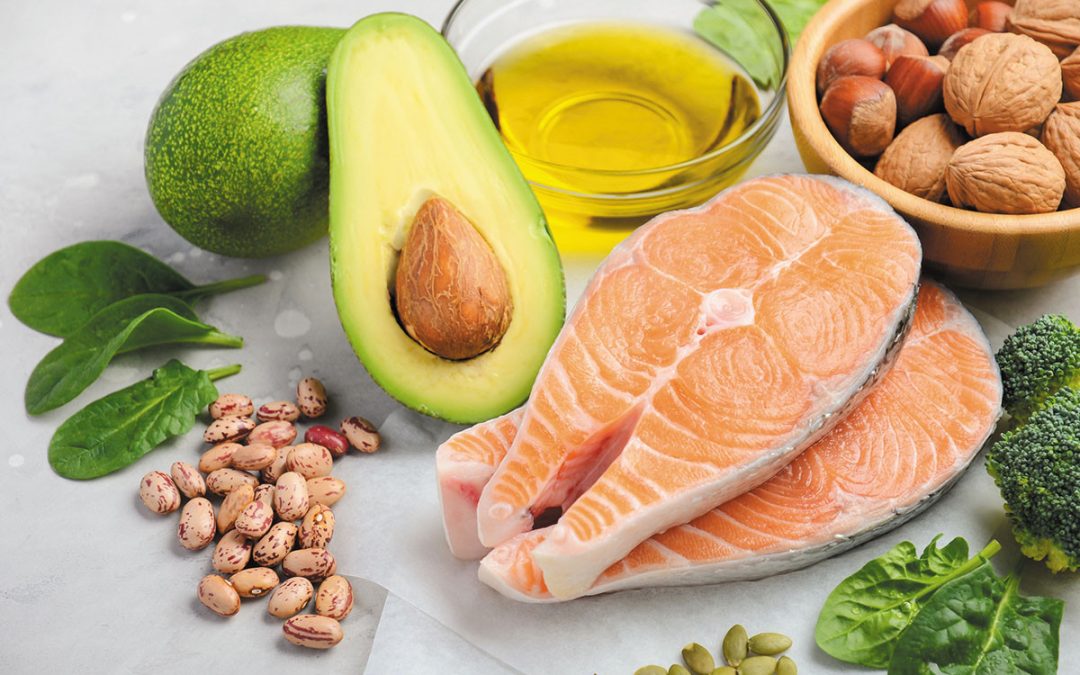Oman today_ Essential fatty acids are vital compounds that the body needs to perform its normal functions but cannot produce on its own. Therefore, they must be obtained through diet. The two main types of these fatty acids are omega-3 and omega-6. Both are necessary for good health, but maintaining the right balance between them is crucial, as this balance affects inflammatory processes and even the risk of developing cancer.
Omega-3: A Key to Balance and Inflammation Control
Omega-3 fatty acids are found in fatty fish such as salmon, sardines, herring, and trout. Plant-based sources include flaxseeds, chia seeds, and walnuts. These fats play an important role in building cell membranes, maintaining brain and heart health, strengthening the immune system, and reducing inflammation.
During inflammatory responses, omega-3s help produce compounds that control and resolve inflammation. These substances prevent chronic inflammation, which, if prolonged, can lead to cellular damage, genetic mutations, and the development of cancer cells.
Omega-6: Beneficial in Moderation, Harmful in Excess
Omega-6 fatty acids are also essential for the body and are commonly found in vegetable oils such as corn, soybean, sunflower, and safflower oils. They contribute to healthy skin and hair, normal cell growth, and proper metabolism.
However, excessive intake of omega-6—particularly from processed foods—can lead to the production of pro-inflammatory compounds. While short-term inflammation is useful for fighting infections and repairing tissue damage, chronic inflammation can create a biological environment that promotes cancer cell growth.
The Role of Diet in Cancer Prevention
Research indicates that diets high in ultra-processed foods, processed meats, and low in fresh fruits and vegetables are associated with an increased risk of gastrointestinal cancers, especially colorectal cancer. In contrast, a diet rich in natural sources of omega-3 can help reduce inflammation and strengthen the body’s resistance to tumor growth.
How to Increase Omega-3 Intake
It is best to obtain omega-3 fatty acids from natural food sources. Eating two servings of fatty fish per week can provide sufficient amounts for most people. For vegetarians or those who do not eat fish, flaxseeds, chia seeds, and walnuts are excellent alternatives.
High-quality fish oil supplements can also be beneficial, but they should be taken under medical supervision, as omega-3s can have blood-thinning effects and may not be suitable for everyone, especially individuals with certain medical conditions.
Overall, maintaining a healthy balance between omega-3 and omega-6 fatty acids, reducing the consumption of processed foods, and increasing the intake of natural sources of healthy fats are key steps toward protecting the body, reducing inflammation, and lowering the risk of cancer.

